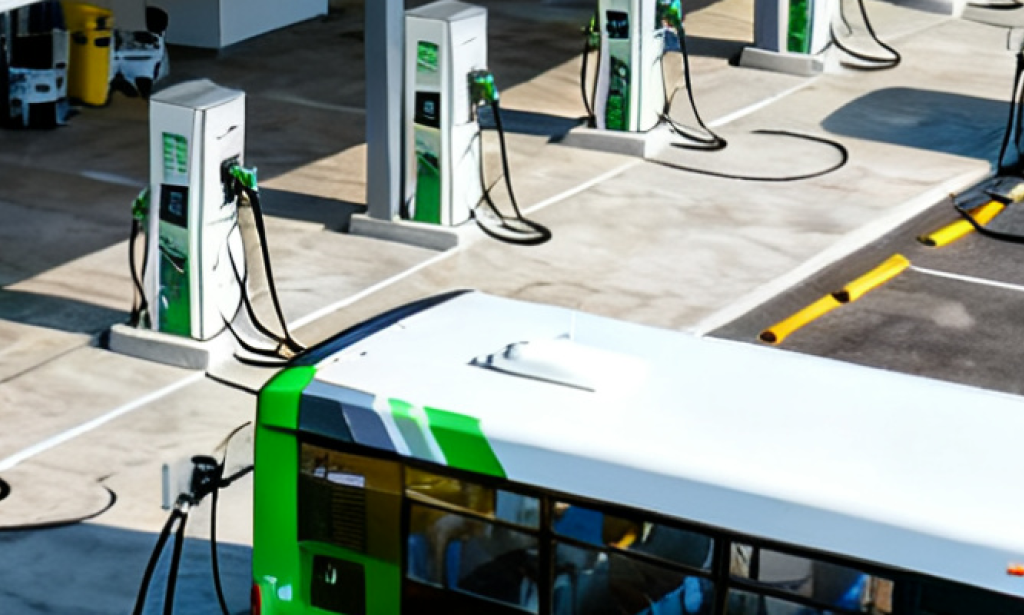Riverside City marked a major milestone in its environmental agenda on Friday with the official opening of the Westside Solar Bus Hub, a state-of-the-art facility that integrates renewable energy into public transit and is expected to cut the city’s bus fleet carbon emissions by 35% annually.
Covering an area of 12,000 square meters, the hub features 4,800 solar panels installed on its rooftop and parking lot canopies, capable of generating 2.1 megawatts of electricity per day—enough to power 120 buses for full-day operations and supply surplus energy to the city’s power grid. Unlike traditional bus depots that rely entirely on fossil fuels or grid electricity, the new facility uses a battery storage system to store solar energy, ensuring uninterrupted power supply even during cloudy weather or peak demand hours.
City officials and environmental advocates gathered at the hub’s opening ceremony, highlighting its role in Riverside’s goal to become a carbon-neutral city by 2040. “This solar bus hub is more than just a transportation facility—it’s a statement of our commitment to fighting climate change while improving public transit,” said Carlos Ruiz, Riverside’s Director of Transportation. “Each bus powered by solar energy will reduce CO2 emissions by approximately 60 tons per year, which is equivalent to taking 13 cars off the road annually.”
Early operations have already shown positive impacts on both commuters and local communities. Maria Lopez, a 42-year-old nurse who takes Bus Route 18 to Riverside General Hospital daily, noticed a significant difference in her commute. “The new solar-powered buses are quieter and smoother than the old ones,” she said. “I also love that I’m contributing to a greener city just by taking the bus—It makes my daily trip feel more meaningful.”
Local businesses near the hub have also reported increased foot traffic since the facility opened. “In the first three days, we’ve seen a 20% rise in customers who come here after getting off the bus,” said Juan Martinez, owner of a café adjacent to the hub. “The hub has made this area more accessible, and people seem more willing to stop by instead of rushing home.”
Looking ahead, the city plans to expand the solar bus hub model to other districts. “We’re already in talks with engineering firms to design two more solar-powered hubs in the Eastside and Northside neighborhoods by 2026,” Ruiz added. “These facilities will not only support our growing bus fleet but also create green jobs in installation, maintenance, and renewable energy management.”
Environmental groups have praised the project as a model for other mid-sized cities. “Riverside’s solar bus hub proves that sustainable public transit doesn’t have to be expensive or impractical,” said Elena Foster, a spokesperson for Green Cities Alliance. “It’s a win-win solution—reducing emissions, saving taxpayers money on energy costs, and improving the quality of life for residents.”
As of Sunday evening, the Westside Solar Bus Hub has served over 15,000 passengers across 8 bus routes, with ridership numbers expected to grow by 10% monthly as more commuters switch to the solar-powered service.



You must be logged in to post a comment.